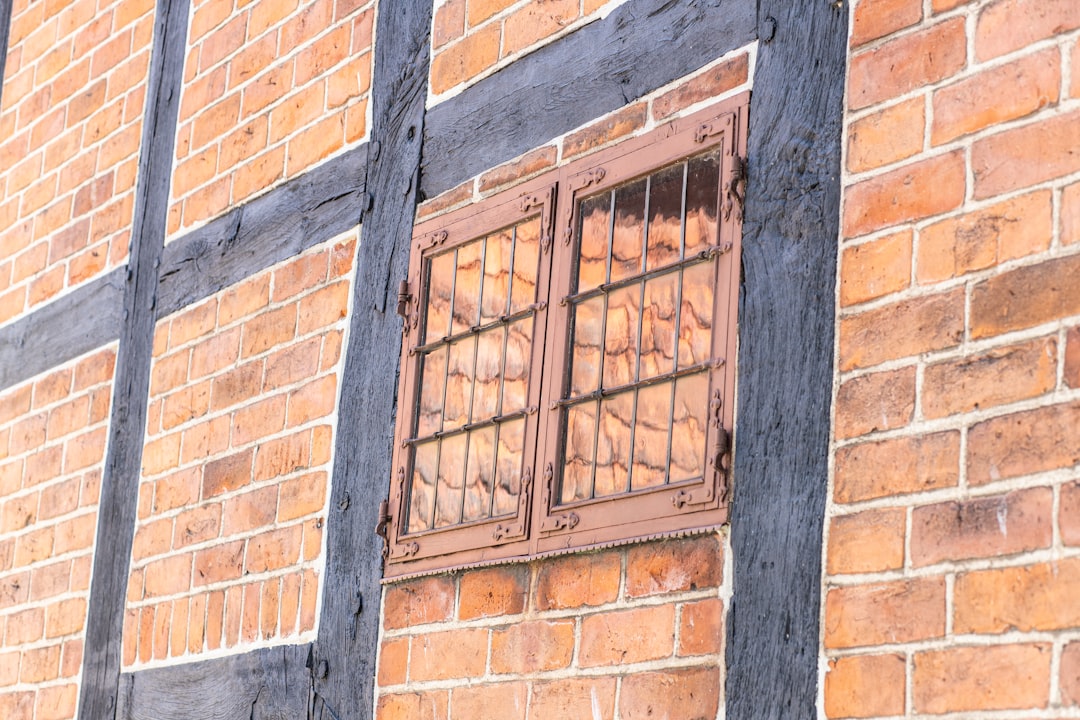Glass Door Replacement Buffalo | CountBricks Experts
Construction Cost Hub – Buffalo, NY
Price source: Costs shown are derived from our proprietary U.S. construction cost database (updated continuously from contractor/bid/pricing inputs and normalization rules).
Eva Steinmetzer-Shaw
Head of Marketing
Professional Glass Door Replacement in Buffalo: Optimize Your Installation
In Buffalo, where winter conditions can be harsh, ensuring your glass doors are energy-efficient is crucial. The cost for glass door replacement typically ranges from $600–$1,400 per opening per opening, depending on materials and labor. CountBricks offers a streamlined process for trade professionals, utilizing AI to provide accurate estimates and efficient installations.
Why Upgrade Your Glass Door?
- Enhanced energy efficiency to reduce heating costs during Buffalo's cold months.
- Improved natural light and seamless indoor-outdoor transitions.
- Increased security with advanced locking mechanisms.
- Potential ROI of over 70% on modern patio doors in the Buffalo market.
CountBricks AI Workflow for Efficient Installations
- Quick Voice Capture: Describe the project on-site, and our app converts it into a detailed scope.
- Instant Material Match: Access live pricing from local suppliers for ENERGY STAR-rated units.
- Automated Labor Matrix: AI calculates labor costs based on historical data.
- One-Tap Proposal: Receive a comprehensive proposal with e-signature capabilities.
- Seamless Ordering: Automated purchase orders ensure timely delivery.
Choosing the Right Glass Door for Your Project
Sliding vs. Hinged French Doors
- Sliding Doors: Ideal for compact spaces with a modern aesthetic.
- French Doors: Offer classic appeal with various swing options.
Frame Materials
- Vinyl: Cost-effective and low maintenance.
- Fiberglass: Durable and paintable for customization.
- Clad Wood: Combines aesthetic appeal with durability.
Glazing Options
Double-pane Low-E glass with argon fill is recommended. Triple-pane options can reduce heating costs by 5-10%.
Installation Best Practices
Pre-Install Checklist
- Ensure rough opening dimensions are accurate.
- Inspect for any structural issues like rot.
- Verify compliance with local building codes.
Installation Steps
- Remove existing units carefully to avoid damage.
- Upgrade flashing to prevent leaks.
- Align and secure the new door with precision.
- Apply spray-foam insulation to seal gaps.
- Finish with trim and sealant for a polished look.
Managing Change Orders with Ease
Use CountBricks AI to quickly adjust estimates for unexpected changes, ensuring transparency and efficiency.
Financing and Incentives
Explore NYSERDA energy grants for potential savings. CountBricks integrates these into your estimates for clear cost visibility.
Project Spotlight: Elmwood Village Remodel
A recent project involved replacing a drafty door with a fiberglass sliding unit, resulting in an 18% reduction in utility bills.
Get Started Today
Visit CountBricks.com to schedule a consultation and receive a detailed proposal.
Understanding Cost Factors for Glass Door Replacement in Buffalo
Buffalo's diverse housing stock presents unique challenges for glass door replacement. CountBricks provides tailored solutions to meet these needs.
Key Cost Variables
- Door Size & Configuration: Standard sliders are cost-effective, while multi-panel units increase costs by 40-60%.
- Frame Material: Vinyl is budget-friendly, fiberglass adds 20-25%, and clad wood offers premium aesthetics at a higher cost.
- Glazing Level: Upgrading to triple-pane glass can significantly reduce heat loss.
- Structural Modifications: Widening openings may require additional structural work.
Labor Market Insights
Buffalo's labor rates are competitive, but winter conditions can affect costs. Scheduling during off-peak seasons can save 5-10%.
Maximizing ROI
- Coordinate with other renovations to reduce costs.
- Consider internal blinds for durability in rental properties.
- Choose neutral frame colors for future flexibility.
The CountBricks Advantage
Our local expertise and advanced technology ensure accurate estimates and efficient installations, tailored to Buffalo's unique climate.
Next Steps
- Schedule a consultation at CountBricks.com.
- Receive a detailed scope and timeline.
- Approve the project digitally for a seamless experience.

